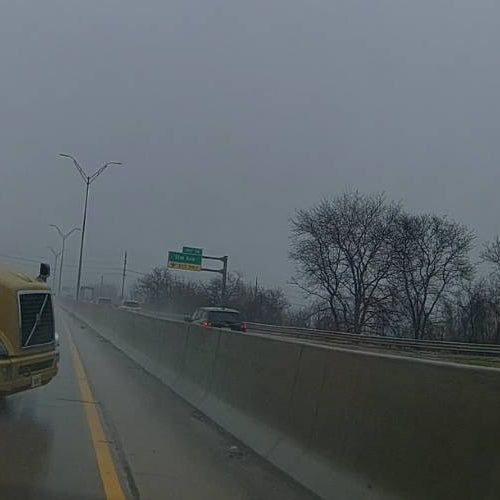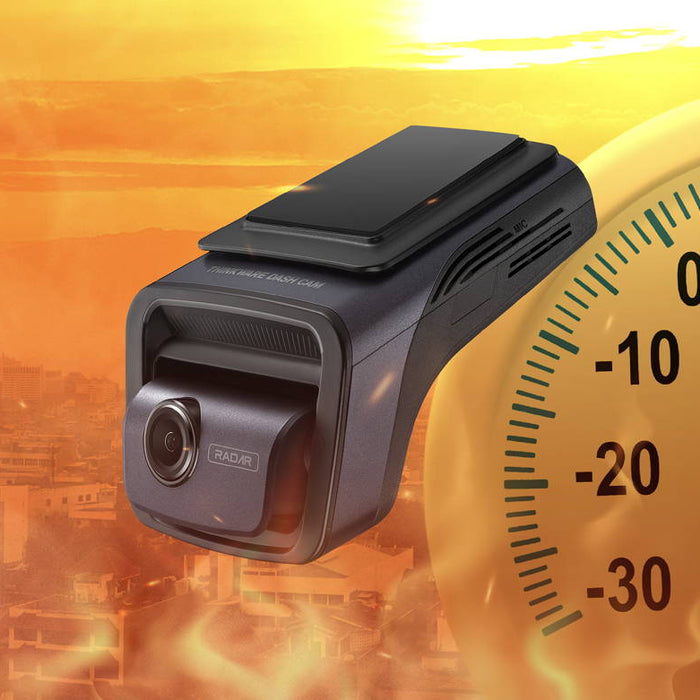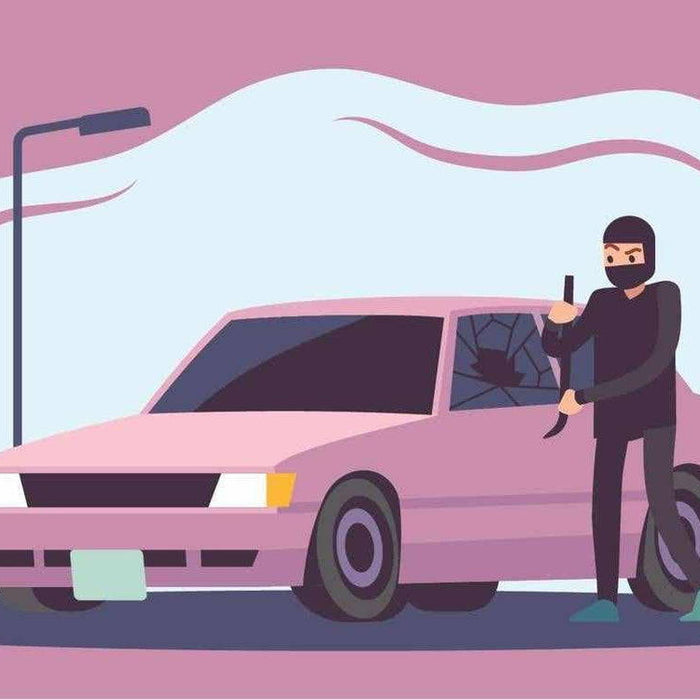Buying a used vehicle isn't always about getting a good deal or what looks like a good deal. There are some valid investment reasons for going second-hand.
A brand-new car depreciates almost the moment it's driven off the showroom floor—the more expensive the vehicle, the quicker and more significant that initial depreciation will be. For example, buying a sports car that is a year old can save you a lot of money and still get you an excellent, sought-after vehicle.
Parents will often look at the second-hand market to get a car for their kids learning to drive. New drivers will also look to go used when buying their first car.
Running in a new vehicle is tricky and is best left to someone more experienced. It's less traumatic (and expensive) if you end up in a minor fender bender in a second-hand car instead of one straight off the showroom floor. Insurance on a second-hand vehicle is also often a lot cheaper, making the overall expense a lot less.
Of course, there's also the vintage car market. You may want to go used because you dream of driving a classic car or want to relive your youth in a similar vehicle to the one you learned to drive in. There's nothing quite like the feeling of driving an older but well-maintained car to bring back certain memories.





